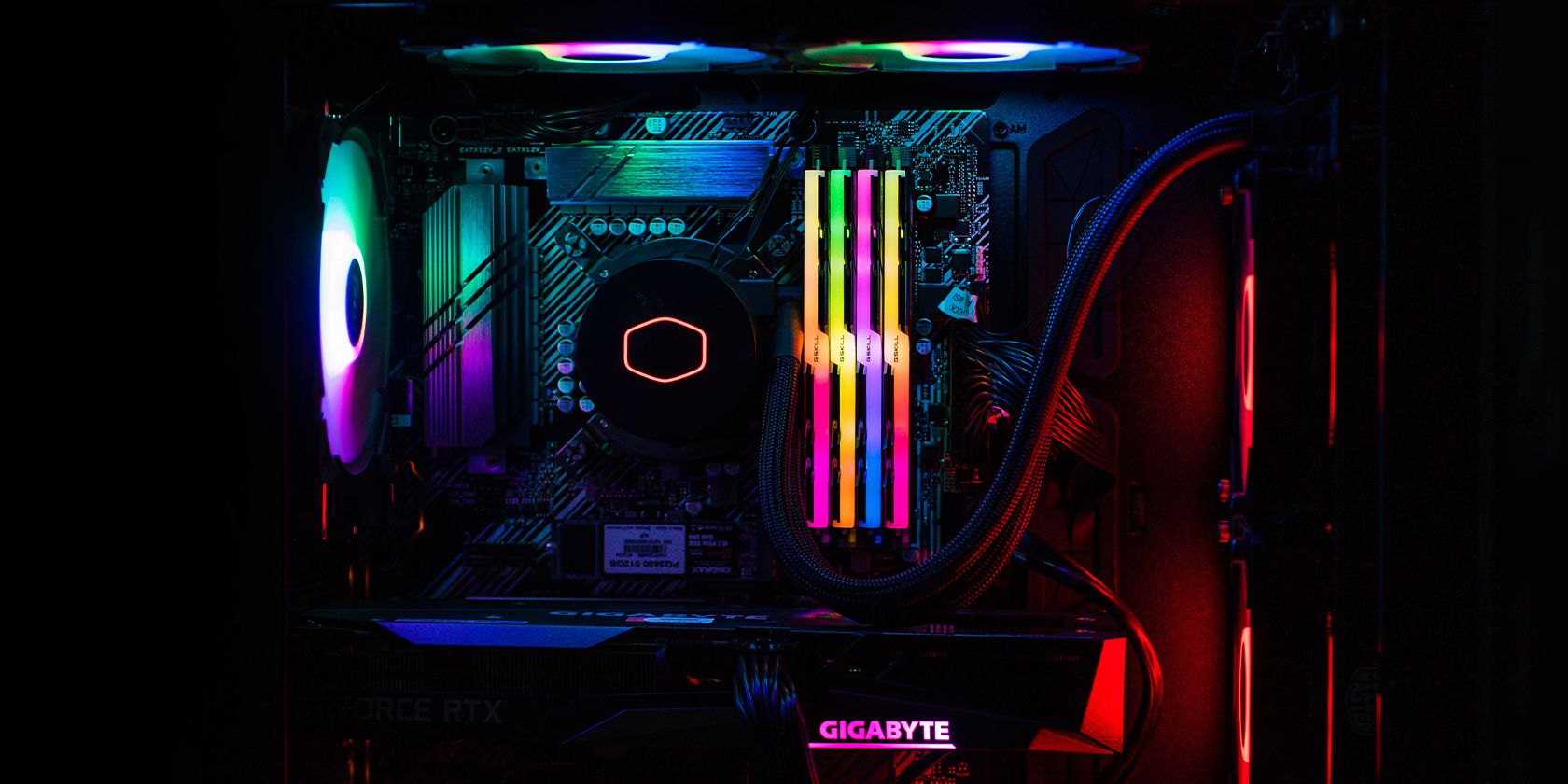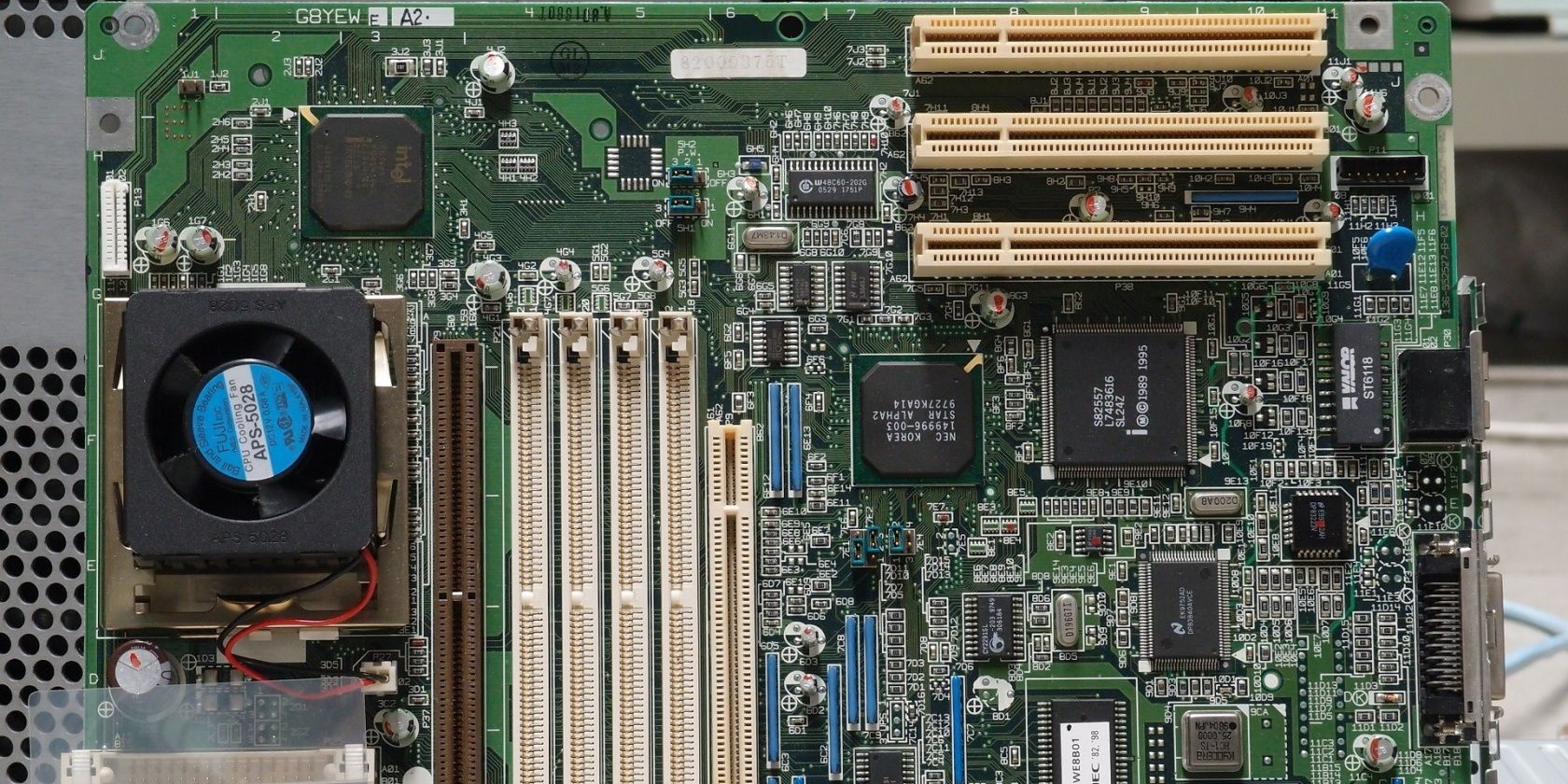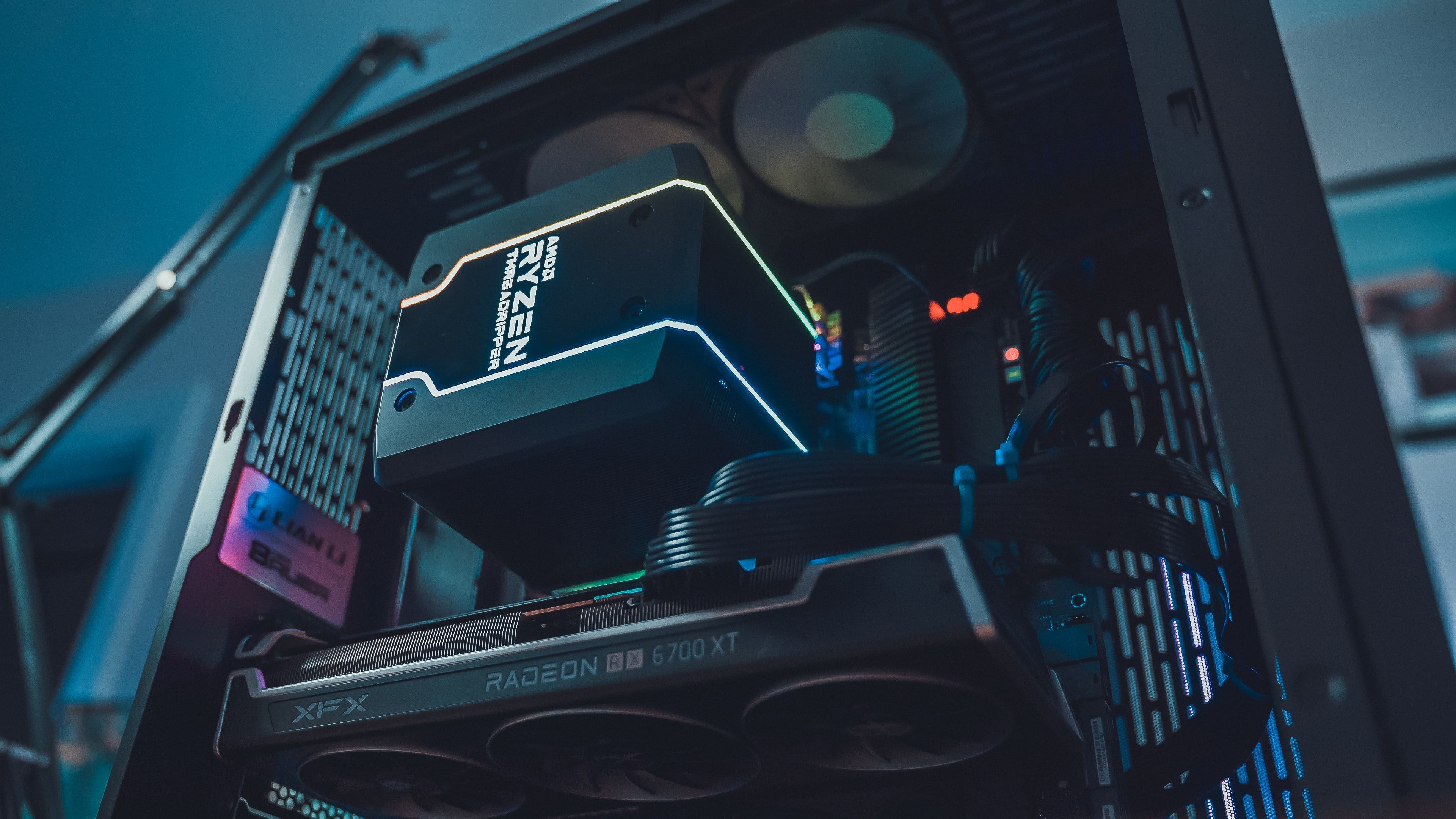Have you ever wondered why some computer motherboards cost more than your CPU? There was a time when your choice of motherboard could have a heavy toll on your PC's performance, but these days, the actual difference is almost non-existent unless you go really low-end.
Still, expensive motherboards are around, like the MSI MEG Z690 GODLIKE, retailing for a casual two thousand bucks.
The thing is, do you actually get a tangible benefit from using one? Here are some reasons to avoid expensive motherboards, especially if you're on a tight budget.
The Price Is Justified, Just Not for You
Before understanding why expensive motherboards are not for you, we first need to examine why these motherboards are so expensive in the first place. The short story is, while a lot of it is just branding and hype, expensive motherboards do have a few legitimate advantages.
For one, expensive motherboards will almost always throw in everything and the kitchen sink. This means that you'll often see features and motherboard parts like Thunderbolt 4, PCIe Gen 5 ports (both actual PCI Express slots and m.2 slots) all around, DDR5 RAM, several USB ports, Wi-Fi 6E, Bluetooth 5.2, and amazing onboard audio. The motherboard itself is also thicker and accommodates more complex PCB traces, in order to allow for faster connectivity all around the board.
Granted, you'll still find a lot of fluff you don't need. In the case of MSI's MEG Z690 GODLIKE, the motherboard comes with a built-in LCD screen that can give information on temperatures, built-in buttons for reset and power, and most importantly, a thick casing and heatsinks with a lot of RGB. When we say it's packed with RGB, it's because this thing could land a 757 in your office.
Those things are neat, but you really don't need them. At least, not all of them. Still, for the right people, it has a few neat perks you can take advantage of. In the case of some ASUS ROG motherboards, you have something called "DIMM.2," which gives you an extra DIMM slot (not compatible with RAM) that can be used for extra m.2 NVMe SSDs thanks to a special adapter.
High-End Chipsets Are Not as Necessary as You Think
Surprisingly, among the things that you don't actually need are high-end motherboard chipsets, like Intel's Z690 or AMD's X570. Unless you plan on doing certain things, you'll be fine with mid-range ones. Yes, even running a Ryzen 9 or an Intel Core i9.
There's no need to match your high-end CPU with an equally expensive motherboard. As long as it has reliable VRMs and connectivity, you'll do well. The technical differences between B660 and Z690 motherboards in the case of Intel or B550 and X570 motherboards in the case of AMD come down to the higher-end chipsets supporting more PCIe Gen 5/4 lanes and overclocking support. That's pretty much it. You won't see a performance drop running your Core i9 or Ryzen 9 on a lower-end chipset.
Most features you want to care about will come from your actual motherboard choice or manufacturer rather than your chipset. In fact, as a good rule of thumb, if you're given the choice, it's actually better to buy a good B660/B550 motherboard than a cheaper Z690/X570 motherboard. You'll likely have a better and more stable experience with the lower-end chipset in those scenarios.
When Should I Buy an Expensive Motherboard?
If you're on a tight budget, saving money on a more intelligent motherboard choice is a recommended course of action. However, it's not like expensive motherboards don't have their place. If they didn't, they wouldn't exist, after all.
If your system surpasses the multiple-thousand dollar price mark, and you have a lot of bleeding-edge components, like multiple high-speed SSDs, premium RAM, an ultra-expensive GPU, and a powerful power supply to back everything up, you can start considering adding an expensive motherboard to your build. As gimmicky as they are, they're the best for reliable, ultra-fast connectivity, and if you're going to make intelligent use of absolutely everything it comes with, then you might as well get one.
However, most people don't meet this mark. This is why you should probably research a more intelligent motherboard choice instead.
What Should I Look For in a Cheaper Motherboard?
Buying a cheaper motherboard doesn't mean buying the very first one you see that fits your budget. We told you earlier that your motherboard choice wouldn't have a big impact on your performance, but there are some options you should avoid because of their other disadvantages.
Here are a few factors you should consider when shopping for a motherboard.
VRMs/Power Delivery
Check the VRMs of whatever motherboard you're planning to buy. These are the MOSFETs, inductors, and capacitors that you can find circling a CPU socket, and they're in charge of reliably providing power to your CPU. They're not the most straightforward thing to check, especially if you're not experienced, so the best way to get an opinion on a motherboard's VRM is to look up the motherboard online for reviews. If you're lucky, you'll be able to find an in-depth review that mentions how good or bad a motherboard's VRMs are.
Connectivity
Check your motherboard's connectivity options. Compare it against a list of components you've put together, and see if everything fits and is completely compatible. If you chose both a PCIe Gen 4 graphics card and a PCIe Gen 4 SSD, check if you have both a PCIe slot and an m.2 slot that are Gen 4 compatible and if you have enough lanes to run both.
Networking
Check if your motherboard's networking options are fine for your specific use case. Also, make sure to read reviews on how well a motherboard's modem is. In a lot of cases, it's better to sacrifice things like Wi-Fi and Bluetooth to favor other, more important parts of the motherboard—if you really need either Wi-Fi or Bluetooth, you can get a Wi-Fi card to bring the functionality to your PC.
You Don't Need an Expensive Motherboard
While spending more money on your motherboard was once a worthwhile investment, nowadays the actual technical differences between most cheap and expensive motherboards mean that you can get away with a well-researched, cheaper option and have an experience that's 99% as good as the one you'll have with an expensive option.
Hopefully, you can now make a more educated purchase.




